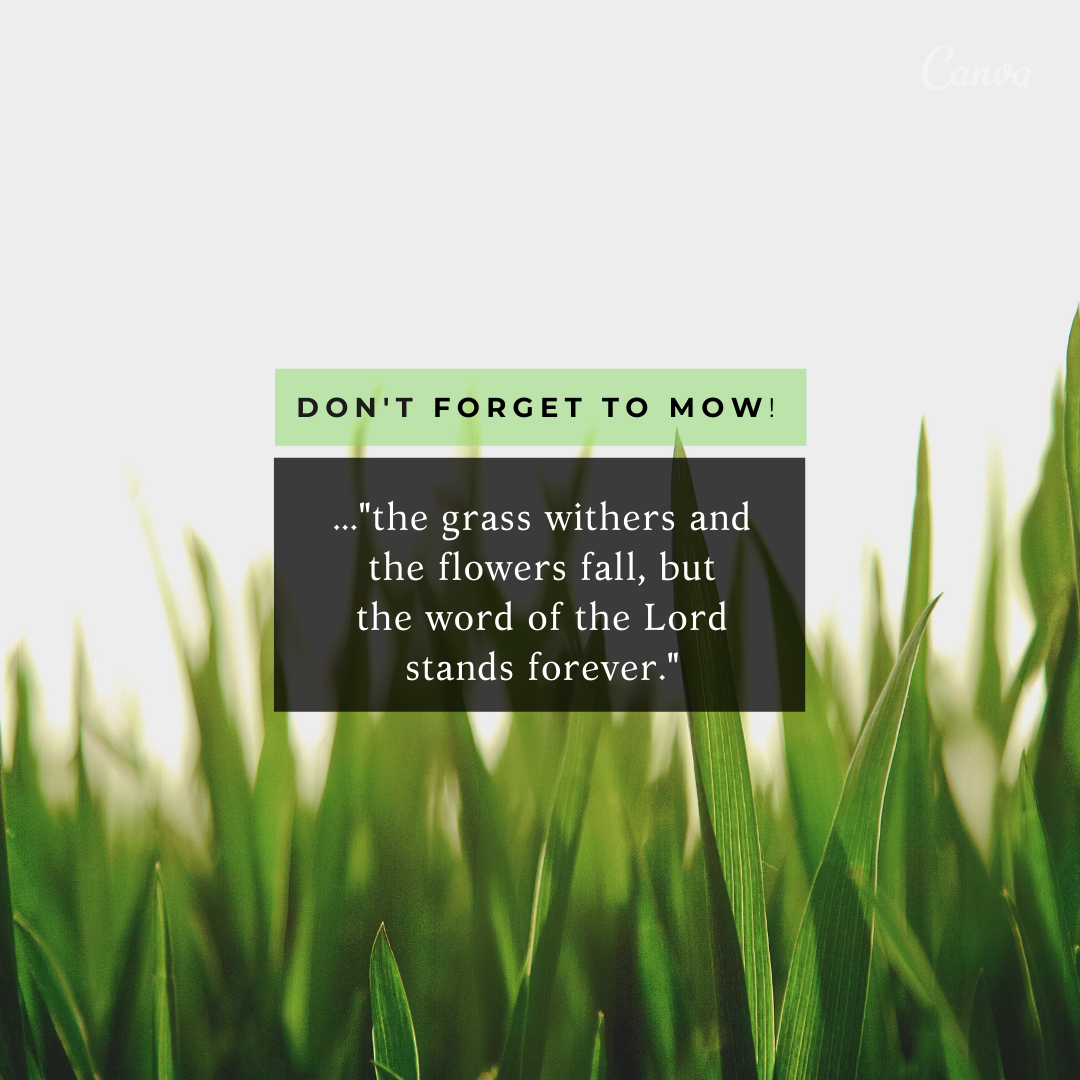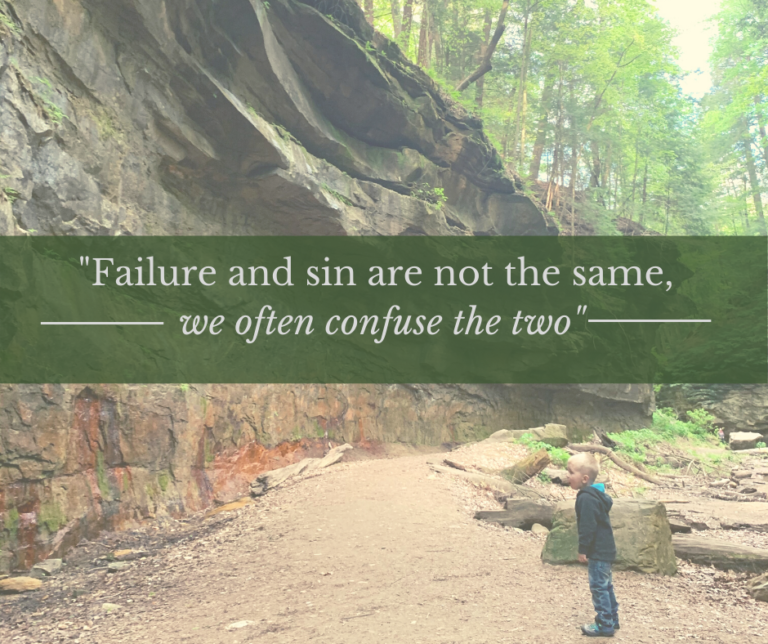I mowed my lawn today. I do so every five days in the spring. This may sound like a mundane task but, to me, it is not. This is because I did not grow up around grass. I grew up in a desert. We tried to grow grass in our front yard without much success. What we called grass was light brown, dry and prickly to the touch. It had little appeal to the eyes or the skin. Sure, there were some who had “green” grass, a can of spray paint can make anything turn green for a few weeks. A lush green lawn was a mirage amongst the desert scape.
In my younger years my front yard was full of various colored rocks, sand and gravel. The only plants that grew around our house were what many would consider weeds and even most of them were brown not green. In New Mexico a brown and rocky yard was a statement that you had been around for a while. You could always tell the natives from the transplants. The locals had rocked yards, the transplants were still naïve enough to believe grass could grow in a desert. Some spent a small fortune every year on water and/or AstroTurf trying to make New Mexico look like their home state. A lush green lawn was a statement that you had money to burn.
When moving to the Midwest I became fascinated with grass. This is because I was used to it being a precious resource. Here grass is green and soft like outdoor carpeting. You can run through it with your bare feet and not have to go to the hospital. It is also cheap. It grows everywhere and can even be invasive. Here simply having grass does not make a statement but having a perfectly manicured lawn does. In the Midwest grass is something to be controlled and managed. The value is not found in its mere presence, it is found in its arrangement.
Palestine, the setting for most of scripture, had a balance of both worlds. There were areas where grass was available in abundance, like the Midwest and desert regions where grass was sparse, like the Southwest. But for the most part grass was found in patches that sprang up quickly and faded just as quickly. Most shepherds in Palestine spent their time moving their flock from one grassy patch to another before it faded away.
This is why when biblical authors refer to grass, they call attention to its economic benefit. Grass was food for livestock and the abundance of grass was evidence of fertile soil. Simply put where there was grass there was food. Grass was one of the blessings of creation and without it life, as they knew it, would dry up. The lack of grass meant the loss of life.
So why all this talk about grass? That is a good question… Thanks for asking!
Peter, one of Jesus closest friends, once wrote this about grass…
For you have been born again, not of perishable seed, but of imperishable, through the living and enduring word of God. For, “All men are like grass, and all their glory is like the flowers of the field; the grass withers and the flowers fall, but the word of the Lord stands forever.” – 1 Peter 1:23-25
The original audience would have found it difficult to imagine life without grass. It was a precious natural resource. But they would have related well to this scripture. Here was the logic: No Grass, No Food, No Food, No Life. Seems bleak right?
However, if you take all of this away what do you have? You still have God. Here is the logic: Since there is God there is also grass and since there is grass, there is food and where there is food, there is life. If you take out the middle men you have this equation God = Life. And if we seek after God and crave the things of God he will provide everything we need, even in the driest of deserts.
Therefore, rid yourselves of all malice and all deceit, hypocrisy, envy, and slander of every kind. Like newborn babies, crave pure spiritual milk, so that by it you may grow up in your salvation, now that you have tasted that the Lord is good. – 1 Peter 2:1-3
– with Love… Shawn Smith






